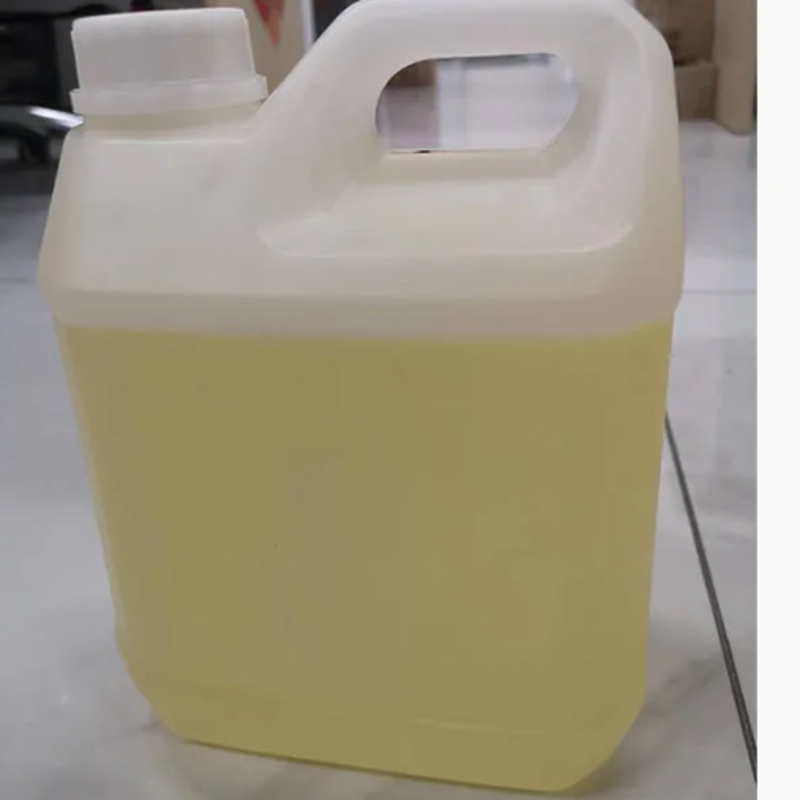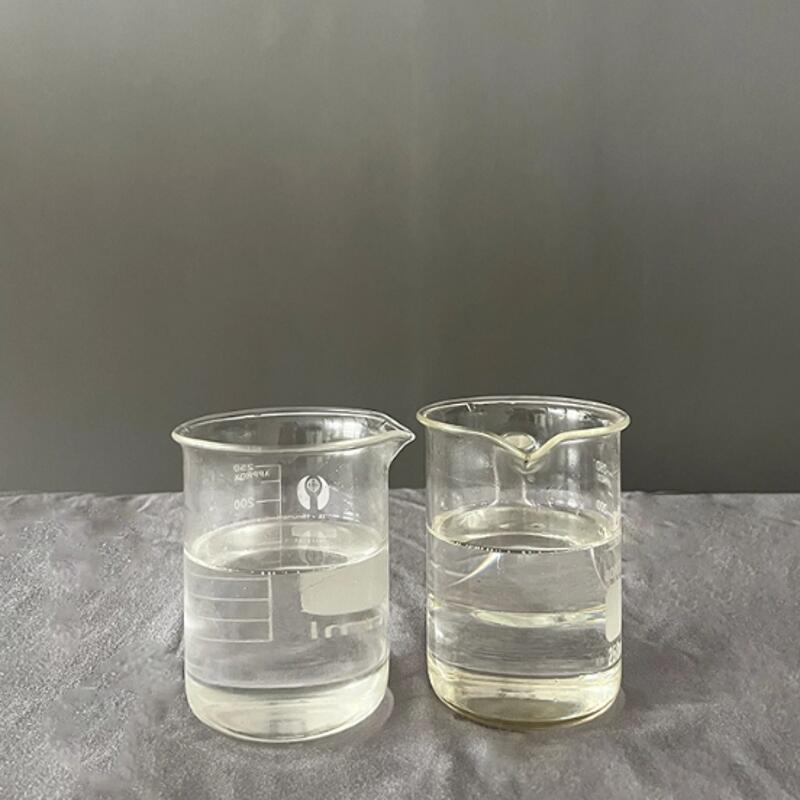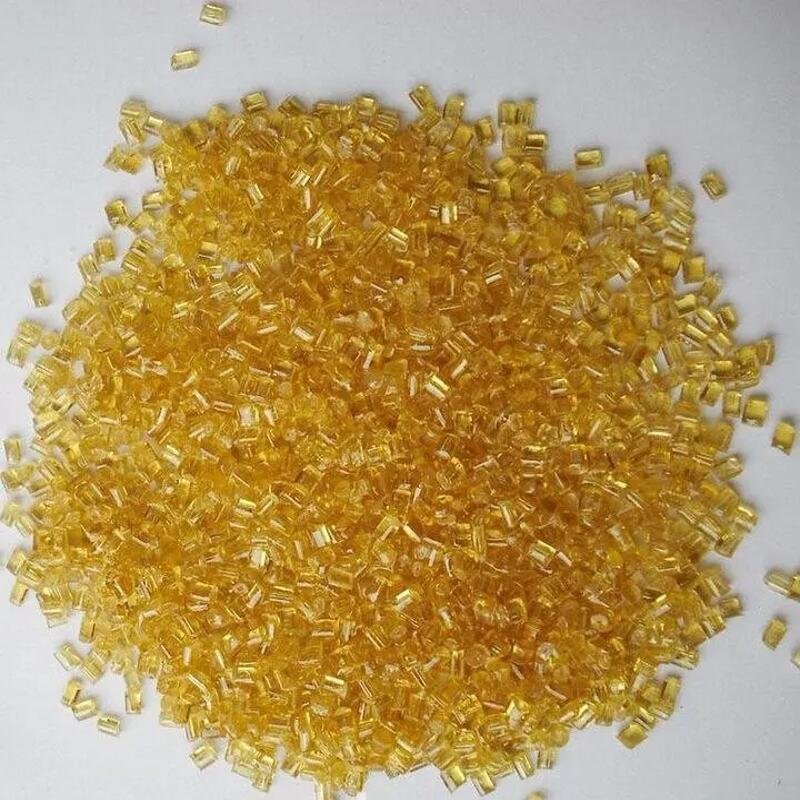-
Categories
-
Pharmaceutical Intermediates
-
Active Pharmaceutical Ingredients
-
Food Additives
- Industrial Coatings
- Agrochemicals
- Dyes and Pigments
- Surfactant
- Flavors and Fragrances
- Chemical Reagents
- Catalyst and Auxiliary
- Natural Products
- Inorganic Chemistry
-
Organic Chemistry
-
Biochemical Engineering
- Analytical Chemistry
-
Cosmetic Ingredient
- Water Treatment Chemical
-
Pharmaceutical Intermediates
Promotion
ECHEMI Mall
Wholesale
Weekly Price
Exhibition
News
-
Trade Service
"This is probably the worst marine pollution accident in Sri Lanka's history,
" said Rahandapura, director of Sri Lanka's Marine Ecological Protection Agency
.
The country's western coast has been hit by extremely serious large-scale marine pollution incidents since mid-May
.
A Singapore-flagged cargo ship caught fire and exploded there, and the 100 tons of chemical raw materials such as nitric acid and plastic particles loaded burned, sank, or washed to the coast at sea
.
So far, the cargo ship is half-submerged in the sea, but it is still smoking and the pollution is still spreading
.
Sri Lanka's Marine Conservation Authority said it had removed 1,000 tonnes of rubbish from the accident along 200km of coastline, but the work was far from over
.
Charred rare sea turtle washes up on beach
Charred rare sea turtle washes up on beachAccording to a report by CNN on the 25th, for the past two weeks, the sky near Sri Lanka's west coast has been stained with a thick layer of black smudges, and a container cargo ship 9 nautical miles from Sri Lanka's western beach has been risking Thick smoke
.
The ship, named "X-PRESS PEARL", flew the Singapore flag and was carrying 1,486 containers, including at least 81 containers of dangerous goods, including nitric acid, a highly toxic chemical used to make fertilizers, as well as sodium hydroxide, lubricants and other chemicals
.
The ship set off from the Indian port of Hazila on May 15, and issued a fire alarm when it arrived at the anchorage about 9.
5 nautical miles northwest of the Colombo port on May 20
.
In addition to the chemical burning, the fires released 80 tonnes of plastic pellets from the ship, used to make plastic products, into the ocean, which blanketed the beaches of Sri Lanka's west coast, particularly the famous Negombo beach
.
Right now, the environmental impact of the accident is immediately apparent: plastic particles get stuck in the gills and mouths of fish; dozens of rare sea turtles have washed up on Sri Lankan beaches, some with what appear to be burn marks on their shells; fish, Dolphins and even whales started dying
.
By the end of June, the bodies of around 200 large sea creatures had been found
.
CNN reports that Sri Lanka is a tourist hotspot whose unspoiled beaches and waters not only attract tourists, but are also home to an abundance of marine life, including 28 species of marine mammals such as blue whales and five endangered species of sea turtles
.
"Shortly after the accident, the death toll of marine animals, including dolphins and sea turtles, began to surge, and at least 30 to 40 marine creatures were found every day," said Katuwawala, the coordinator of the Sri Lankan marine conservation organization Pearl Conservator.
corpse"
.
Turtle conservationist Kaprusinghe believes there is no doubt that the death of the marine animal was caused by the marine accident, "the dead turtle washed ashore with obvious scorch marks on the shell and swollen eyes"
.
He added, "You can see red patches and bleeding around the turtles' mouths, which means their guts have ruptured, suggesting they may have been exposed to chemicals or injured in a fire
.
" However, several prominent Sri Lankan marine Biologists cautioned against rushing to conclusions about the cause of death in marine animals and urged the public to wait for autopsy results
.
Plastic particles are more troublesome pollution
Plastic particles are more troublesome pollutionIn addition to finding out the truth about the dead marine life, Sri Lankans are also collecting the huge amount of plastic pellets released during the fires
.
In the weeks following the fires, the waves were getting rougher due to the monsoon
.
Over the course of two months, billions of plastic particles washed up on almost every coast of Sri Lanka
.
The plastic particles are expected to spread across the Indian Ocean
.
Sri Lankan marine biologist DeVos said that because of the new crown epidemic, people could not go to the coast to help clean up plastic particles
.
To this end, the team she leads has created a "plastic particle tracker" - people near the beach can send photos of plastic particles
.
In less than a few days, the situation of plastic particles along the entire coastline became clear at a glance
.
CNN quoted marine experts as saying that these plastic particles are the main leakage pollutants in the ship fire incident.
"Although they are not necessarily toxic, they may remain in the ocean for many years without being degraded
.
" And over time, plastic particles will be ground into smaller "microplastics" by seawater, causing serious damage to the marine ecological balance
.
If you eat fish with such microplastics by mistake, it may also have a collateral impact on human health
.
These plastic particles can linger in the surface waters of the Indian Ocean for decades, according to University of Western Australia marine professor Charita
.
The particles will drift to other countries on the Indian Ocean coast, such as Indonesia, India, Maldives and Somalia
.
Sri Lanka's fishing industry is also deeply affected
.
Because of the incident, some fishing areas were forced to close, exacerbating economic losses in areas already hit by the new crown epidemic
.
People are afraid to eat fish now for fear that it may be contaminated
.
Claims could be as high as $100 million
Claims could be as high as $100 millionWhile fishermen and people await test results, the Sri Lankan government and environmental investigators are determining the extent of the disaster
.
International oil experts are on-site working to ensure that the remaining oil from the half-sunk vessel does not continue to leak, causing further disaster
.
The owners of the "X-PRESS PEARL" ship issued a statement saying that they will continue to promote the clean-up of the relevant waters and strive to reduce pollution
.
Rescuers remained on duty 24 hours a day at the wreck site to handle any wreckage movement issues and to report any form of spill, and drones were deployed daily to help monitor activity, the statement said
.
The Russian captain of the ship has been released on bail on charges of violating Sri Lanka's Marine Environmental Pollution Act
.
The Sri Lankan government has not announced the cause of the accident, but an environmental and fishermen's organization in the country has filed a lawsuit in Sri Lanka's Supreme Court, suing the cargo ship operator and the Sri Lankan government for damages to local fishermen, tourism workers and the environment
.
Some experts estimate that the total amount of claims against the ship may exceed 100 million US dollars
.







